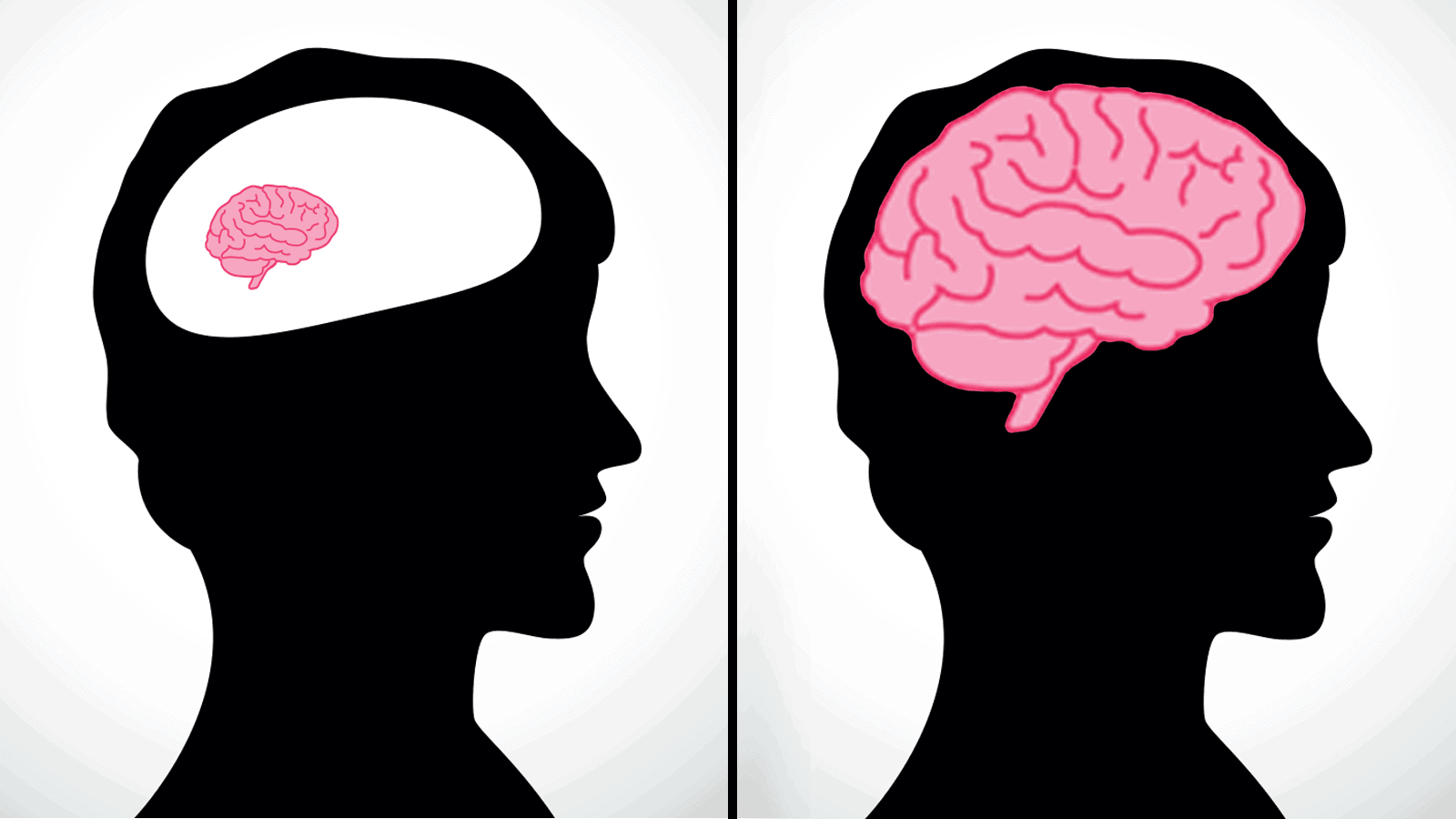“People who boast about their I.Q. are losers.” ~ Stephen Hawking, 1942-2018 (Rest in Peace, Sir)
The word intelligence never fails to spark a debate. Nevermind there are multiple ways to define intelligence; the truth is that there are multiple intelligences (plural) – and the notion of assigning a simple number to something so complex is borderline absurd.
In 1985, Robert Sternberg, a former dean of Tufts University, put forth his Triarchic Theory of Intelligence, arguing that previous definitions of intelligence are too narrow because they are based solely on intelligences that are measured in an IQ test. (I like him already). So in honor or Mr. Sternberg, we’ll define intelligence as:
“The ability to acquire and implement both innate and obtainable knowledge in three domains: analytic, creative, and hands-on.”
The chances are good that some of you reading this article believe that your smarts are fixed and unchangeable. You are not alone: scientists believed this very thing up until about two decades ago. Then, this little thing called neuroplasticity – the ability to grow new neural connections throughout life – changed modern medicine (and a countless number of lives.)
Brainline, an organization that focuses on brain injury and PTSD research, says: “Neuroplasticity is the brain’s amazing capacity to change and adapt. It refers to the physiological changes in the brain that happen as the result of our interaction with our environment … This dynamic process allows us to learn from and adapt to different experiences.”
In other words, we can become more intelligent with the right environment and knowhow.
Five Ways To “Get Smart”
1. Do High-Intensity Interval Training (HIIT)
Forget the days of 60-minute workouts five times a week. HIIT gives you all of the physical and mental benefits of cardio exercise in much less time. (Regular cardio is still great if you have the time!)
First, here are the brain-boosting benefits of HIIT and other cardio:
– Improves memory, problem-solving, and decision making
– Relieves stress
– Lowers risk of dementia
– Releases feel-good chemicals such as endorphins
– Reduces levels of the stress hormones adrenaline and cortisol
HIIT training can range in duration from 5 minutes to 45 minutes. Some people do a 5-minute HIIT session and then strength training, for example. The Tabata routine is a textbook example of a short, efficient HIIT workout.
2. Read
Become a lifelong learner by reading, preferably about a variety of topics – art, science, history, etcetera. Research shows that regular reading increases the brain’s white matter and speeds up the brain’s ability to process information.
Here’s a practical tip: try to work on one perceived “weakness” every three months. Buy a couple of books and implement the knowledge contained within during these 90-day periods. By committing, you are both improving your quality of life and boosting your smarts. Win-win, baby!
3. Learn a Musical Instrument
Regularly playing an instrument, studies show, changes the shape and power of the brain – and may even be useful for therapeutic purposes. It is suggested that critical parts of the brain that control hearing, memory, and motor skills become progressively larger as someone learns to play an instrument.
Lutz Jancke, a psychologist at the University of Zurich in Switzerland, says that increased intelligence from learning to play an instrument also applies to older adults:
“We found that even in people over the age of 65 – after four or five months of playing an instrument for an hour a week – there were strong changes in the brain.”
4. Play Dual N-Back
You’ve no doubt seen the proliferation of brain training games and systems, and neuroplasticity has much to do with this trend. Dual n-back has been scientifically shown to boost both working memory and IQ score – drastically in some cases.
Dual n-back involves remembering the sequence of spoken letters and positions of a square at the same time, and identifying when a letter or position matches at certain intervals. The game gets more difficult as you remember both letter and position at progressively longer intervals.
5. Eat Brain-Boosting Foods
While this last tip for making you a brainiac lacks in excitement, it is nonetheless vital. The foods you eat have a marked influence on your intelligence levels.
Here are these foods in order:
Fish oil: Omega-3 fatty acids are crucial to brain function.
B-vitamins: B’s improve memory and mood – both critical to a highly-functioning noggin.
Matcha: A powdered form of green tea, matcha gives a boost to your mental acuity and alertness.
Antioxidants: Besides protecting your brain against harmful substances, antioxidants also enhance memory and problem-solving abilities.
Blueberries: Lovingly referred to as “brainberries,” blueberries are an antioxidant powerhouse. No food promotes mental function quite like brainberries.
Avocado: Avocado is loaded with (healthy) fats, including monosaturated fat, which increases blood flow to the brain. Gingko Biloba, a supplement, reportedly has similar effects.
https://youtu.be/7BNGVmwxoHI















 Community
Community

